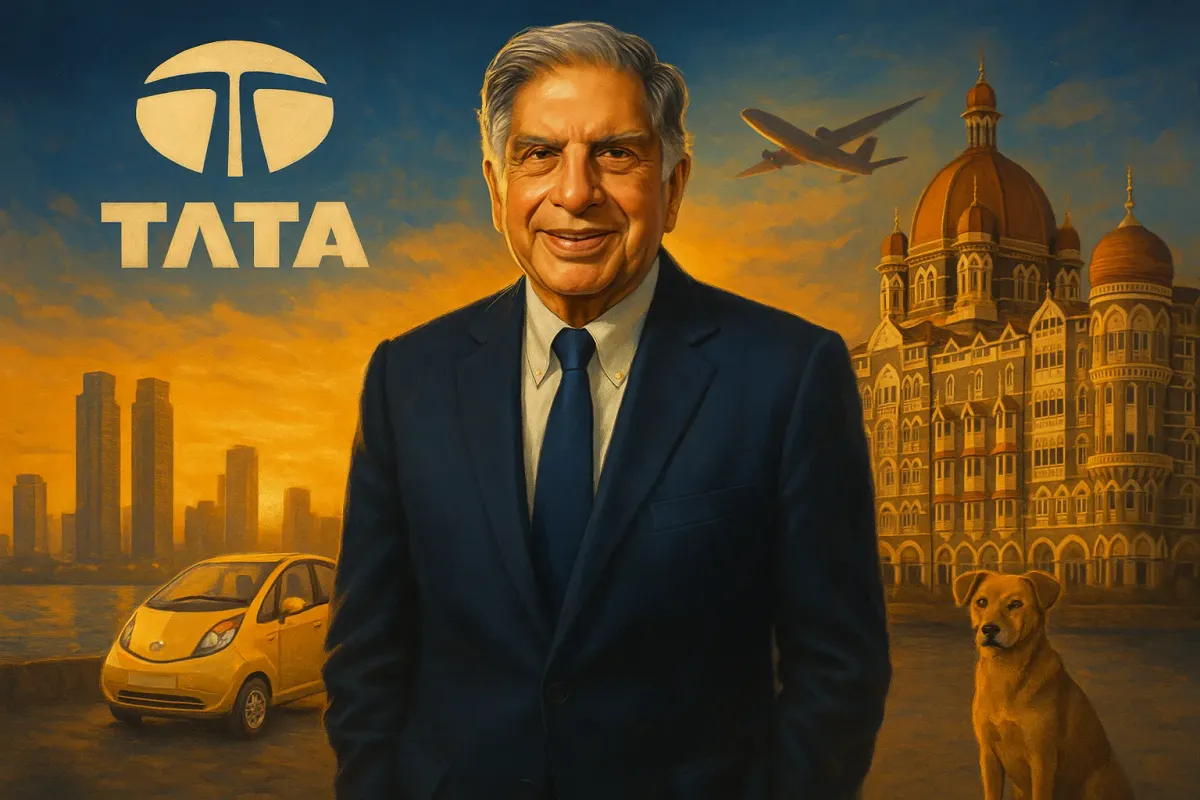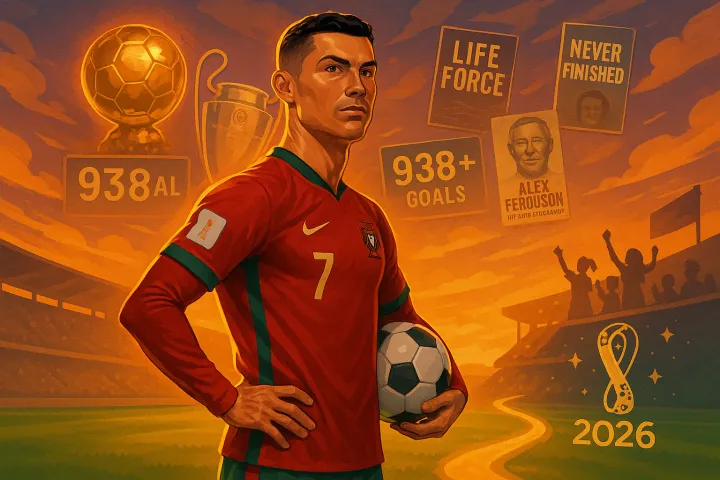Ratan Tata: The Man Who Built Modern India
Ratan Tata wasn’t just a businessman; he was a legend who shaped India’s future with his vision, kindness, and hard work. As the former chairman

Ratan Tata wasn’t just a businessman; he was a legend who shaped India’s future with his vision, kindness, and hard work. As the former chairman of the Tata Group, he took a family business and turned it into a global powerhouse. He passed away on October 9, 2024, at 86, leaving behind a legacy that touched millions. Here’s a simple dive into who he was, where he came from, what he did for India, and some personal details about his incredible life.
Early Life and Background
Ratan Naval Tata was born on December 28, 1937, in Bombay (now Mumbai), India. He grew up in a wealthy Parsi family, the Tatas, famous for their business and charity work. His dad, Naval Tata, was adopted into the family, and his mom, Sooni Commissariat, split from his dad when Ratan was 10. His grandmother, Navajbai Tata, raised him in the grand Tata Palace in Mumbai.
Ratan went to top schools like Campion and Cathedral in Mumbai, Bishop Cotton in Shimla, and Riverdale Country School in New York. He earned a degree in architecture from Cornell University in 1962 and later studied management at Harvard in 1975. Fun fact: he loved cars and flying, even piloting his own private jet! Cornell University mentions him as one of its biggest donors.
Leading the Tata Group
Ratan joined the Tata Group in 1962, starting at the bottom, working on the shop floor of Tata Steel in Jamshedpur. In 1991, he became chairman of Tata Sons, the group’s holding company, during a time when India was opening up its economy. He faced tough challenges, like convincing powerful company heads to work together, but he didn’t back down. He set rules like retirement ages and streamlined the group’s businesses.
Under him, the Tata Group grew from $5.7 billion to over $100 billion by 2012, with companies in over 100 countries. He made bold moves, buying global brands like:
- Tetley Tea (2000) for $431 million, making Tata a tea giant.
- Corus Steel (2007) for $12.1 billion, boosting Tata Steel’s global reach.
- Jaguar Land Rover (2008) for $2.3 billion, turning it into a profit machine.
- Air India (2021), bringing back a national icon to the Tata fold.
He also launched the Tata Indica, India’s first homegrown car, in 1998, and the Tata Nano in 2009, a ₹1 lakh car meant for families who couldn’t afford safer transport. Though the Nano didn’t sell as hoped, it showed his heart for everyday Indians. Check out Tata Motors for more on their cars.
Companies He Oversaw
The Tata Group, under Ratan, had 29 publicly listed companies and many private ones by 2024, worth ₹33.7 trillion ($403 billion). They’re in everything from cars (Tata Motors), steel (Tata Steel), IT (TCS), tea (Tata Consumer Products), hotels (Taj Hotels), and even airlines (Air India, Vistara). With around 660,000 employees, the group’s reach is massive. Learn more at the Tata Group’s official site.
Giving Back to India
Ratan Tata’s heart was in helping people. Through the Tata Trusts, which own 66% of Tata Sons, he poured billions into charity. His work touched:
- Education: He funded the Indian Institute of Science, the Tata Institute of Fundamental Research, and scholarships for students. He gave millions to Cornell and set up research centers at MIT.
- Healthcare: He built the Tata Memorial Hospital for cancer care and started a small animal hospital in Mumbai in 2024, showing his love for animals. Tata Trusts details these efforts.
- Rural India: He supported clean water, women’s health, and jobs for rural communities.
- Disaster Relief: After the 2008 Mumbai attacks on the Taj Hotel, he personally helped victims’ families and rebuilt the hotel.
He also invested in over 50 startups like Ola, Snapdeal, and Lenskart, boosting India’s digital growth. His love for dogs was famous—he even left money in his will for his pet, Tito, and ensured stray dogs at Tata’s Bombay House were cared for.
Personal Life
Ratan never married, though he almost did four times. He lived simply in a sea-facing bungalow in Mumbai’s Colaba, with an infinity pool and space for his cars, like a Maserati. He was shy, loved flying, and was a role model for ethical business. In 2021, he drove to Pune to visit a sick ex-employee, showing his caring side. Follow his Instagram (10 million followers) to see his posts.
Awards and Recognition
Ratan Tata won many honors:
- Padma Bhushan (2000) and Padma Vibhushan (2008), India’s top civilian awards.
- Maharashtra Bhushan (2006) and Assam Baibhav (2021) for his work in those states.
- A UK honor, Knight Grand Cross (2014), for his global impact.
His Legacy
When Ratan Tata passed away, leaders like PM Narendra Modi called him a “visionary” and “compassionate soul.” He made the Tata Group a symbol of India’s strength, created jobs, and improved lives through charity. His will, worth ₹3,900 crore, ensured his wealth kept helping others, including his staff and dog.
Ratan Tata showed that business can do good while doing well. His story inspires every Indian to dream big and give back. For more, check out Tata Sons.
Here, join our WhatsApp community and read other articles as well.

Thanks.




Comments ()